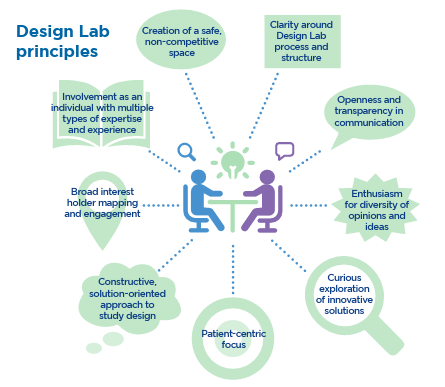Seminars & Workshops
Community-Engaged Research in Boston ChinatownAuthentic partnerships for relevant, actionable research
This 90-minute live training will give academic researchers interested in doing engaged research in the Chinatown neighborhood of Boston a basic grounding in authentic and relevant best practices for engaging in this type of work with community partners. The topics to be covered are the benefits and challenges in this research and how to build trusting, authentic relationships with community partners. Through this training, participants will hear some of the voices from the community, and be given time to reflect on your role in and perspective on community engaged research and how to make it action-oriented and relevant in today’s world.
By the end of this training, you should be able to:
- Define community engaged research as has been practiced in Boston Chinatown.
- Describe methods for building trust with community partners and research participants.
- List qualities required for successful community engaged research practice
- Provide a case study of problem gambling as an example of how community engaged research can be mutually beneficial for researchers and community members.
Faculty
This training will be taught by Carolyn Rubin, EdD, MA, Director of Addressing Disparities in Asian Populations through Translational Research (ADAPT).
Who should attend
Investigators, research study team members, and graduate students are encouraged to attend.
Details
Thursday, June 3
10:00-11:30AM
Online (a link will be sent to those who register).
Registration
To attend, please register here.



